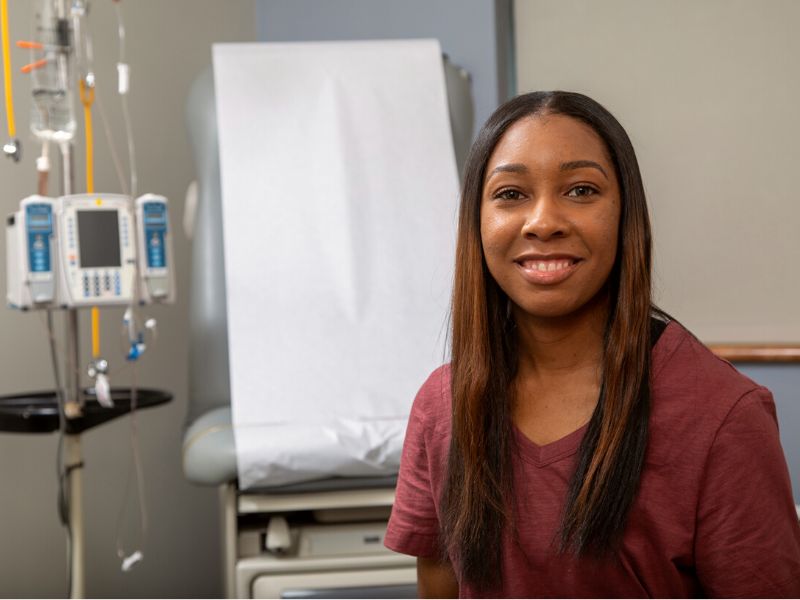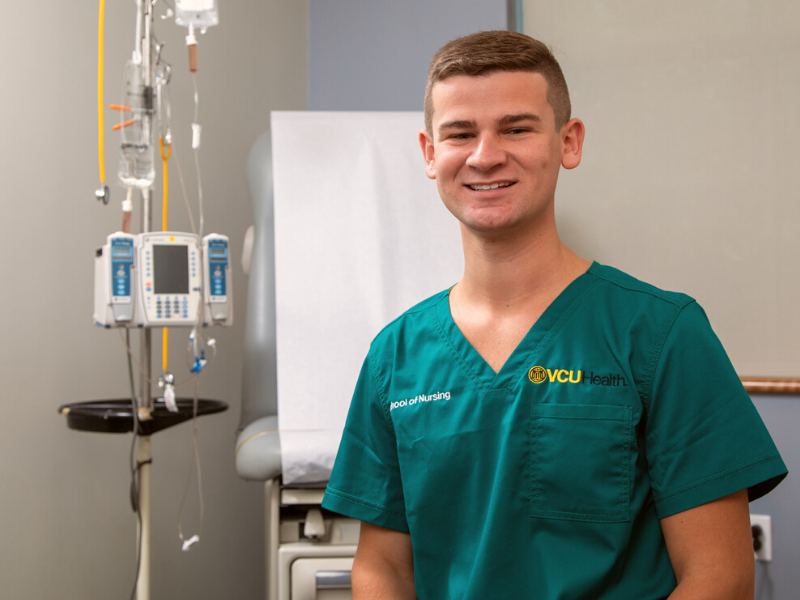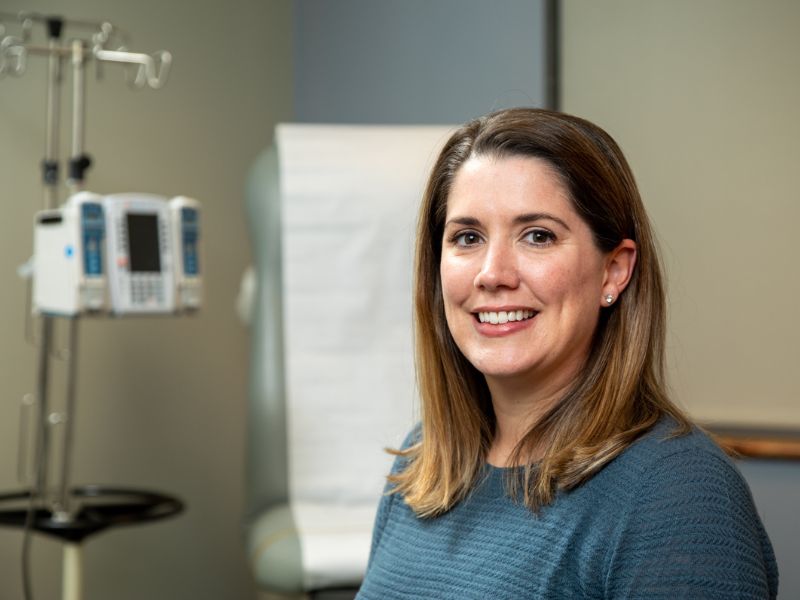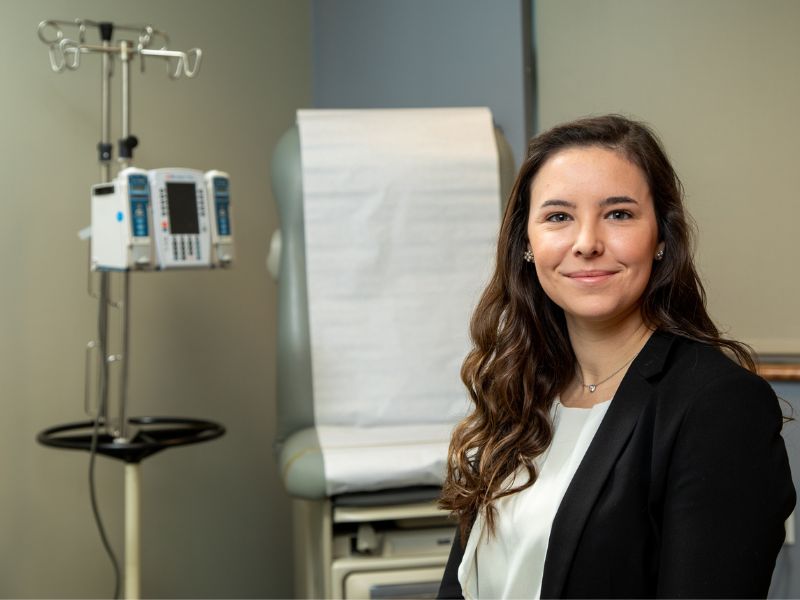Doctor of Nursing Practice (D.N.P.)
The D.N.P. prepares graduates to evaluate practice initiatives, use evidence-based practice to implement change, lead advanced decision-making and strategies to influence health policies and facilitate interprofessional collaboration in health care systems. This program is an option for bachelor's- and master's-prepared nurses (see pathways below).
Pathways to the D.N.P.
VCU’s D.N.P. program offers three points of entry:
- Post-B.S. to D.N.P.: Bachelor’s-prepared registered nurses can apply to one of three nurse practitioner concentrations or the nursing leadership and organizational science program. See concentrations available below.
- Post-Master’s to D.N.P.: Master's-prepared nurses can apply to this pathway to earn a doctorate with a focus on health care quality and safety.
- Dual D.N.P. and Certificate: Master’s-prepared advanced practice nurses can apply to this pathway to earn a doctorate and a nurse practitioner certification.
Concentrations
Adult-Gerontology Acute Care Nurse Practitioner
The D.N.P. with a concentration in adult-gerontology acute care nurse practitioner (AGACNP) prepares students with the knowledge and skills for clinical practice to provide direct acute care to the entire spectrum of adults including young adults, adults and older adults.
Degree details, application information and financial information for the AGACNP concentration

Family Nurse Practitioner
The D.N.P. with a concentration in family nurse practitioner (FNP) prepares students with the knowledge and skills to provide primary care services including wellness/preventative, episodic and chronic care to children, adolescents, adults, pregnant and postpartum women, and older adults.
Degree details, application information and financial information for the FNP concentration
Note: This program is full for fall 2026 admission.

Psychiatric Mental Health Nurse Practitioner
The D.N.P. with a concentration in psychiatric mental health nurse practitioner (PMHNP) prepares students to provide psychiatric care to individuals and populations across the lifespan and in a wide range of settings across the continuum of care.
Degree details, application information and financial information for the PMHNP concentration

Nursing Informatics
The D.N.P. with a concentration in nursing informatics program prepares graduates to lead the integration of technology and systems in health care organizations, focusing on improving quality and safety in advanced practice nursing.
Degree details, application information and financial information for the NI concentration

Nursing Leadership and Organizational Science
The D.N.P. with a concentration in nursing leadership and organizational science (NLOS) prepares nurses for leadership and management roles in health care settings.
Degree details, application information and financial information for the NLOS concentration
